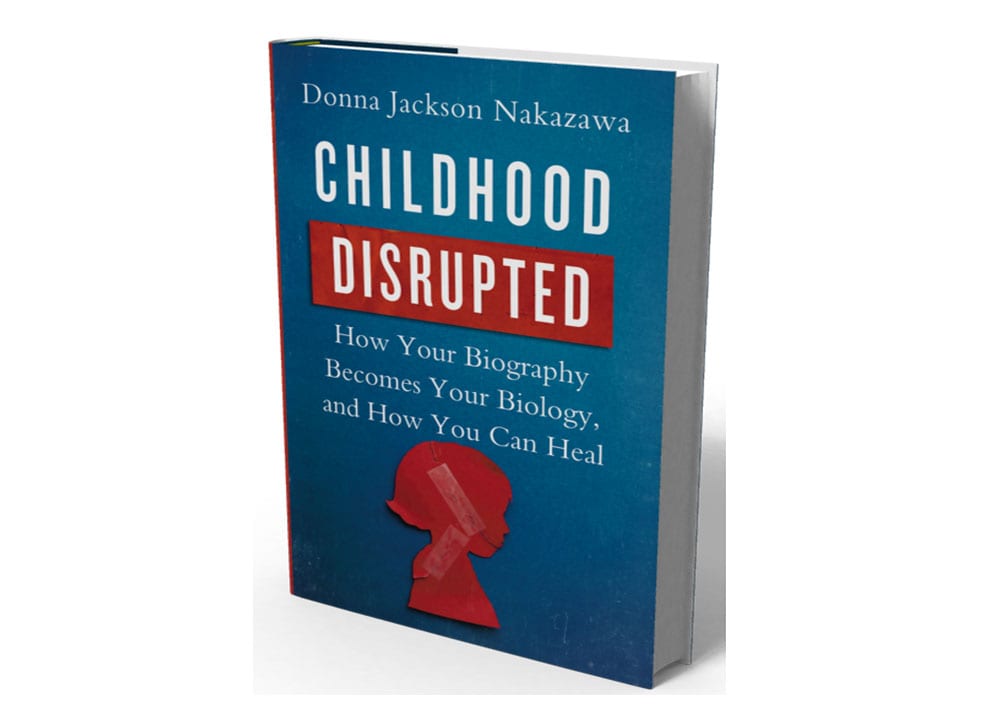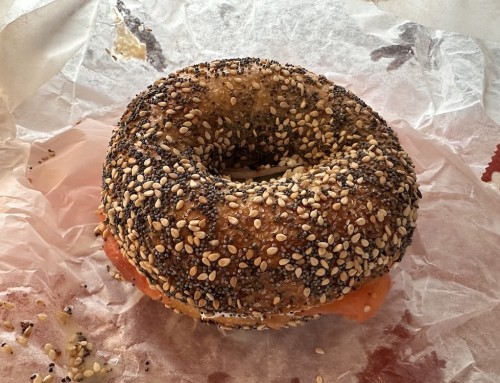Do you know your ACE score? Several months ago there was an article making the rounds on social media. With it was a test that determined your likelihood of specific diseases based on how much trauma you experienced as a child. The test measured your Adverse Childhood Experiences, or ACEs. Do you know your ACE score? You can click here to take the test and to learn more about it. In a nutshell, what the CDC-Kaiser study found was that childhood trauma leads to the adult onset of chronic diseases, depression and other mental illness, violence and being a victim of violence.
Do you Know your ACE Score?
ACEs are common, nearly 64% of adults have at least one adverse childhood experience.
As your ACE score increases, so does the risk of disease, social and emotional problems. With an ACE score of 4 or more, things start getting serious. The likelihood of chronic pulmonary lung disease increases 390 percent; hepatitis, 240 percent; depression 460 percent; suicide, 1,220 percent.
I scored a 6 on the test.
I saved the article, even purchased the book by the author of the article titled Childhood Disrupted: How Your Biography Becomes Your Biology, and How You Can Heal. And then I promptly forgot about it.
Last week, in need of something to listen to while on my morning walk, I started listening to Childhood Disrupted. On some level I absolutely knew that the traumas I endured during my childhood had everything to do with the struggles I face today, even if no one else believes me. Having a study prove it was incredibly gratifying and gave me a huge sense of relief.
I wasn’t just difficult, I didn’t just have a chip on my shoulder, I was not a loser (or if I was, it wasn’t completely my fault) and best of all, there exist ways to reverse some of the damage.
In addition to being diagnosed with an autoimmune disease when I was 18, I also suffer from chronic back pain, joint pain, high cholesterol and I have struggled with my weight since I was a young child. I was bulimic by age 13. I have all kinds of inflammation, thankfully I do not have cardiovascular disease (yet), another extremely common ailment of those with high ACE scores.
Ongoing adversity in childhood leads to a chronic state of “fight, flight or freeze.” Researchers at Yale had recently shown that when inflammatory stress hormones flood a child’s body and brain, they alter the genes that oversee our stress reactivity, re-setting the stress response to “high” for life. This increases the risk of inflammation, which manifests later in cancer, heart disease, and autoimmune diseases.
I was 4 years old when my mother experienced anoxia (lack of oxygen to the brain) due to complications from pneumonia. The doctors were surprised she survived. However, she suffered a considerable amount of brain damage which caused short term memory loss (think Dory in Finding Nemo, though not as cheerful), loss of mobility and poor reasoning and decision making skills among other things.
We’d been living in Colorado when she got sick, my dad was stationed there for his service in the army. I have few concrete memories of that time, I remember chaos and uncertainty. While my dad got the house back in St. Paul adapted for my mother (relatively speaking), he sent me to live with one of his sisters and my brother to live with his other sister. Again, I remember little except for being picked on regularly by one of my cousins and missing my brother. I was sure my mother had decided to leave us and the woman in the hospital was some replacement. For years I did not believe she was my mother.
We all moved back into the house, The Big Green House, as my mother used to call it in songs she sang to my brother and me, and life went on.
I was a mess of anxiety, I was terrified of just about everything. My brother was no help. He enjoyed scaring the crap out of me – jumping out from behind doors and corners yelling Boo! and then laughing as I jumped a few feet in the air. He also loved to give me shit about my fear of fire and tornados. He especially loved to tease me in front of the neighbor kids who joined in. He enjoyed it so much that some 40 years later at his daughter’s graduation party, surrounded by those very same neighbor kids, he started teasing me about tornados again while everyone laughed.
I wasn’t afraid of fire and tornados because I was afraid for my own safety, I was afraid because I was often left alone with my mother at night. I knew if there was a fire, tornado or some kind of event where I had to get her out of the house quickly, that we would both die. The only saving grace about dying was that I wouldn’t have to endure the shame of failing the task from my father.
I was often left alone with a physically and mentally disabled mother because my father was out at one of the few gay bars in the city. He went there every night after dinner. When he left he’d announce he was putting the car away (in the garage) and would be back shortly, usually several hours later – after homework (that rarely got completed), after getting mom ready for bed, after getting ready for bed myself. My brother and I had horrible tooth brushing habits as kids because no one was there to tell us to brush our teeth.
While my father was at the bar I was expected to sit with my mother and fetch her cocktail after cocktail. By the end of the night she was either crying about my dad cheating on her or yelling at me for being such a horrible daughter. School should have provided a refuge for part of the day, but I was a bad student so it was just more shame and guilt.
I was 9 the first time my father told me he wanted to kill himself.
That’s when the anxiety really kicked into high gear. If he killed himself, I would be stuck taking care of my mother for eternity. I already knew things were different, that there was a part of me that was never going to be because of all that I had experienced. I was simply too tired to rise above any of it. I did my best to make his life as easy as possible so he didn’t kill himself.
Chronic toxic stress—living in a red alert mode for months or years—can also damage our bodies. In a red alert state, the body pumps out adrenaline and cortisol continuously. Over time, the constant presence of adrenaline and cortisol keep blood pressure high, which weakens the heart and circulatory system. They also keep glucose levels high to provide enough energy for the heart and muscles to act quickly; this can lead to type 2 diabetes. Too much adrenaline and cortisol can also increase cholesterol.
Too much cortisol can lead to osteoporosis, arthritis, gastrointestinal disease, depression, anorexia nervosa, Cushing’s syndrome, hyperthyroidism and the shrinkage of lymph nodes, leading to the inability to ward off infections.
ACE scores are not about blame. My parents probably also had relatively high ACE scores too. I know my father would have scored at least a 3 and possibly a 4. I know less about my mother’s relationships with her parents, but I bet she scored at least a 2 or 3 on the test.
The good news is that our brains can heal. If the toxic stress stops and is replaced by practices that build resilience, the brain can slowly undo much of the damage.
Writing has been shown to help heal the brain.
Do you know your ACE score?










Leave A Comment